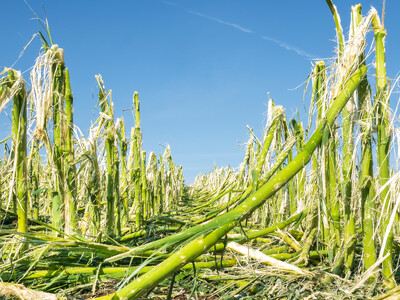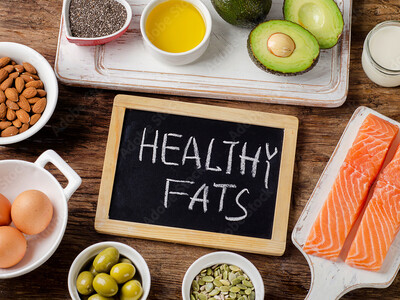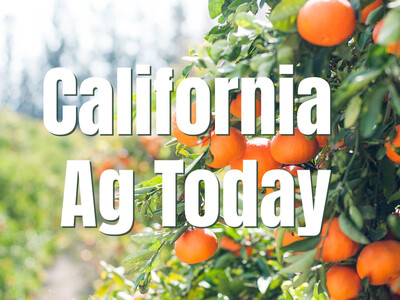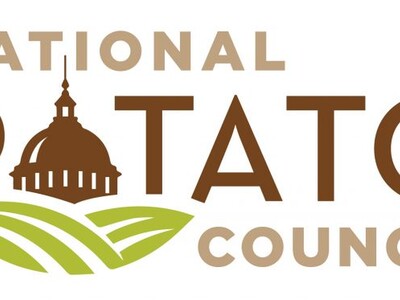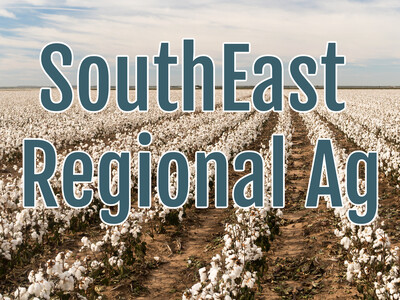Beef supply
Meatpackers struggle with labor, supply and pricingThe self-distancing and quarantine protocols put in place to slow the spread of COVID-19 have reduced economic growth, shuttered consumers in their homes and changed the way Americans purchase and consume food.
Food production, too, has been significantly disrupted, especially at livestock processing facilities, where labor shortages and worker protection measures are slowing throughput at plants around the country and even causing some facilities to shut down. In late April President Trump signed an executive order designating these companies as critical infrastructure and instructing them to remain open when possible.
As the beef supply crunch hits grocery stores, prices are going up for burgers and steaks and purchase limits are in effect with a much smaller selection: and while there are shortages at the market, there’s plenty of beef in production.
Bruce Winegar of Bruce Winegar Cattle: ”I do know that there is plenty of beef and the slaughterhouses in this country are going crazy butchering, even the private butchers can't keep up they're running two and three shifts to keep up because people are worried about hamburger, and you can go to the store and buy hamburger whenever you want, so I don't understand. Its kind of a false thing telling people there's a shortage," added Winegar.
As meatpacking plants struggle to keep up, ranchers hope beef prices recover in the fall. And their message to the nation: they’re producing more than enough beef to feed America.




